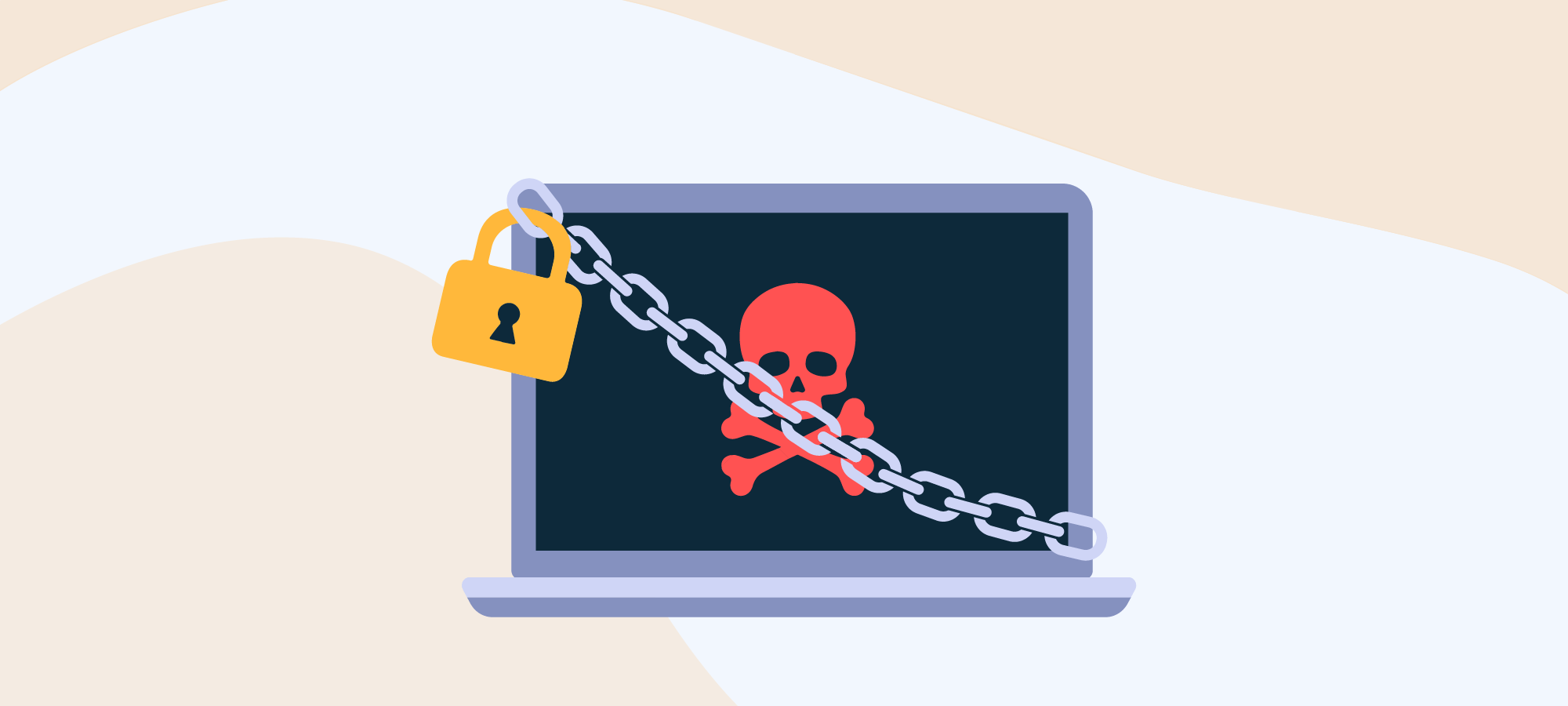In recent years, ransomware assaults have risen to the top of the list of both frequent and destructive cyberattacks. In these attacks, data belonging to the victim is encrypted, and the hackers demand a ransom in return for the decryption key. These attacks can have a devastating effect on both enterprises and people, resulting in large monetary losses, reputational harm, and even personal data breaches.
The effects of ransomware attacks on people and businesses, including the financial and reputational consequences and the personal repercussions for people whose data has been hacked, will be discussed in this article. We’ll also offer advice on how to avoid being attacked by these threats as well as recommended practises for prevention.
This article’s goal is to enlighten and educate readers on the risks posed by ransomware attacks and the precautions they may take to reduce their chances of falling victim. Our goal is to increase awareness of the effects of these attacks so that we may advocate preventative steps that will lower the number of victims and lessen the harm they do.
I. Impact on Businesses
Businesses of all sizes are increasingly worried about ransomware attacks, with high-profile events frequently making headlines. The operations, finances, and reputation of the firms that are attacked may be significantly impacted.
Overview of Ransomware Attacks on Businesses
Businesses can be targeted by ransomware attacks through a number of channels, including phishing emails, malicious software, and even remote access to vulnerable networks. After breaking into a company’s networks, the attacker can easily spread malware and encrypt important data, making it inaccessible to the company.
II. Impact on Individuals
Attacks using ransomware are not just confined to enterprises; people are also susceptible to such attacks. These attacks can have a devastating effect on individuals as well as enterprises, resulting in monetary losses, breaches of private information, and psychological anguish.
Overview of Ransomware Attacks on Individuals
Through a number of channels, including phishing emails, malicious software downloads, and unprotected home networks, people can fall prey to ransomware attacks. Once the attacker has control over the victim’s device, they can swiftly encrypt crucial information to prevent the victim from accessing it.
III. Prevention Measures
Thankfully, there are steps that people and businesses may do to stop and lessen the effects of ransomware attacks. These techniques can lessen the likelihood of becoming a victim, minimise harm, and hasten the healing process in the event of an assault.
Prevention Strategies for Businesses
1.Employee Education: One of the most important steps in combating ransomware attacks on businesses is teaching staff members how to spot and avoid phishing scams.
2. Software updates and patches should be applied on a regular basis to help seal security holes that attackers may exploit.
3. Strong Passwords: Putting into place strong password guidelines can aid in preventing unauthorised access to business systems and data.
4. Data Backup and Recovery Plan: Businesses can swiftly recover from a ransomware attack without having to pay the ransom by having a strong data backup and recovery plan in place.
Prevention Strategies for Individuals
1.Avoid Opening Suspicious Emails and Downloads: To reduce the danger of a ransomware attack, avoid opening suspicious emails or downloading software from unreliable sources.
2. Use antivirus software: Antivirus software can aid in the detection and prevention of ransomware attacks by being installed and updated on a regular basis.
3. Strong Passwords: Preventing unauthorised access to personal data can be achieved by using strong, one-of-a-kind passwords for every account.
4. Regular Data Backups: Regular data backups enable people to quickly recover from a ransomware attack without having to pay the demanded ransom.
Conclusion
Finally, ransomware attacks have had a big impact on both organisations and people. These attacks cause system outages, data loss, and monetary losses. Preventative actions are essential, like using secure password rules, routinely backing up sensitive data, and keeping software and systems updated. Organisations can also train staff members about safe browsing habits and the risks associated with phishing emails. The necessity of being proactive in cybersecurity is emphasised in our last views and suggestions, since the costs of doing nothing can be high. Businesses and individuals can lower their chance of falling victim to a ransomware attack by implementing these procedures.
For more information about cybersecurity have a look at the following links:
https://dataguardnxt.com/blogs/cybersecurity-in-schools-a-sanctuary-for-cybercriminals/37
https://dataguardnxt.com/blogs/msp-cybersecurity-checklist-for-ransomware-and-other-threats/29
